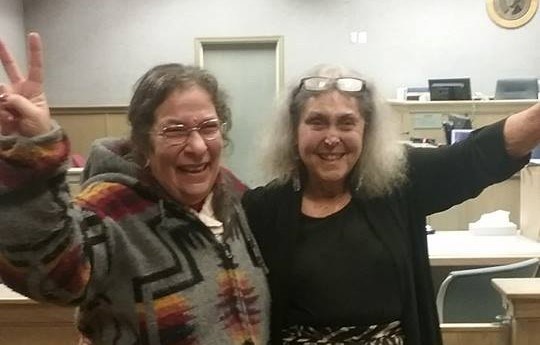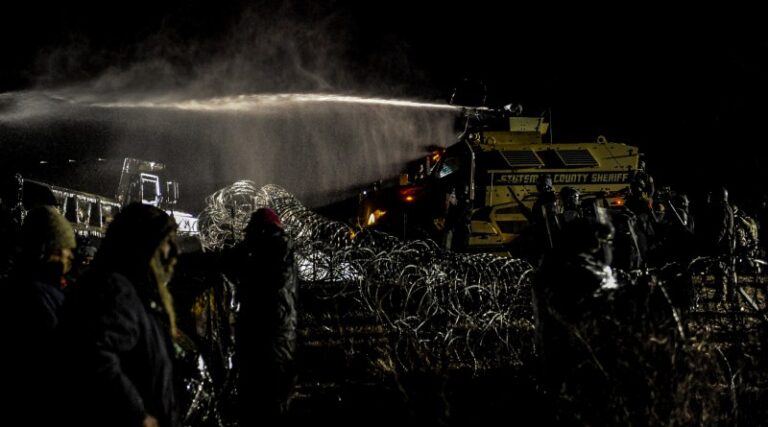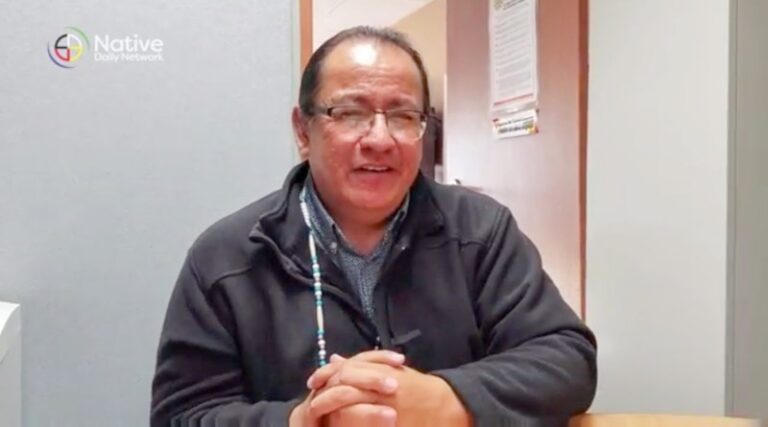Citizens Forum, Flying the Flag
by Darren Moore
Tuesday, September 13, 2017. Tacoma, Washington. The Tacoma Citizen’s Forum serves as a critical space for civic engagement, a platform where the concerns of the public meet the ears of local government. These forums usually proceed with predictability, offering the community a routine avenue for dialogue with their elected representatives. However, recent forums have been anything but ordinary, mirroring the heightened tensions and collective activism increasingly apparent within Tacoma and its surrounding areas.3
Last month, the city council took the unusual step of ending the forum prematurely. The decision to close the doors early proved particularly consequential as it coincided with the arrival of 300 women participating in the NOLNG women’s march. These women, many of whom represented Indigenous and environmental groups, found themselves locked out of a democratic process, physically and metaphorically. The council’s decision to halt the forum just as these activists were approaching the chambers sent a glaring message: The voices clamoring for change had become inconvenient to the status quo.
In the most recent forum, the air was thick with a mixture of anticipation and resolve, still reverberating from the shockwaves of the previous month. Dakota took to the floor holding the Puyallup Tribe’s flag, a potent symbol of resilience, identity, and sovereignty. He invited all Puyallup tribal members to stand united under this emblem, in a collective call for respect and recognition.
Speakers at the forum also advocated for the Puyallup Tribe’s flag to be permanently displayed alongside other flags in the council chambers—a gesture of acknowledgment for the traditional Puyallup territory that the City of Tacoma inhabits. Yet, this call for respect was met with a range of opinions among tribal members. Some questioned whether the city, given its policies perceived as disrespectful to the tribe, deserved the honor of displaying the flag at all.
During the most recent forum, Dakota held the Puyallup Tribe’s flag and called for all Puyallup tribal members to stand with him so they could be heard under their own banner. Some speakers also called for the flag to be displayed in the council chambers, alongside other flags, out of respect for traditional Puyallup territory. However, it remains unclear if this sentiment is shared by all tribal members, as some shared their feelings that the City does not deserve to have its flag due to the way its policies disrespect the tribe.
This reporter also took the opportunity to ask the city council to consider changing Columbus Day to Indigenous Peoples’ Day, a move that would further recognize and honor the original inhabitants of the land. The request echoed the broader sentiment in the room—calls for systemic changes that go beyond symbolic gestures, aiming to repair and rectify the longstanding imbalances between the city and its Indigenous communities.
The symbolic act of Dakota holding the flag became a focal point for a multitude of sentiments—hope, skepticism, pride, and defiance—experienced by different members of the community. In this charged atmosphere, Dakota’s gesture was more than symbolic; it was a call to action and a marker of changing times. This was not just another citizen’s forum but a reflection of a community at a crossroads, a community increasingly unwilling to be silenced. As Dakota took this stand, the moment was etched into the collective memory as a vivid reminder of the ongoing struggle for justice and respect—a struggle that the Tacoma City Council could no longer afford to ignore or shut out.
Additional Information: Link to Ancestral Waters Documentary
First appearing on June 29, 2017, this article is part of an ongoing series documenting the Indigenous-led campaign against the Tacoma LNG facility.
The article has since been edited to remove time-sensitive elements, such as calls to action, in order to serve as an historical and educational resource. You can also explore other related articles and resources on the Ancestral Waters page for a more contextual understanding of the issues and events.
While the full “Ancestral Waters” documentary is available for screenings, we invite you to watch the trailer for a glimpse into the comprehensive story of resiliency and activism told in the film.





